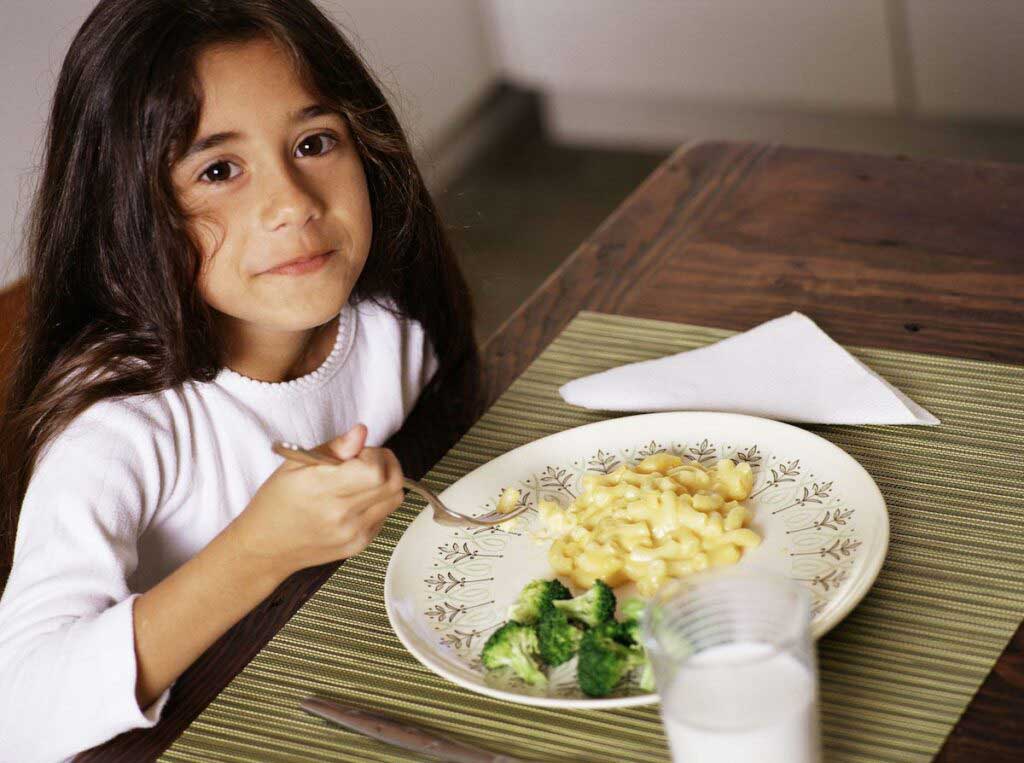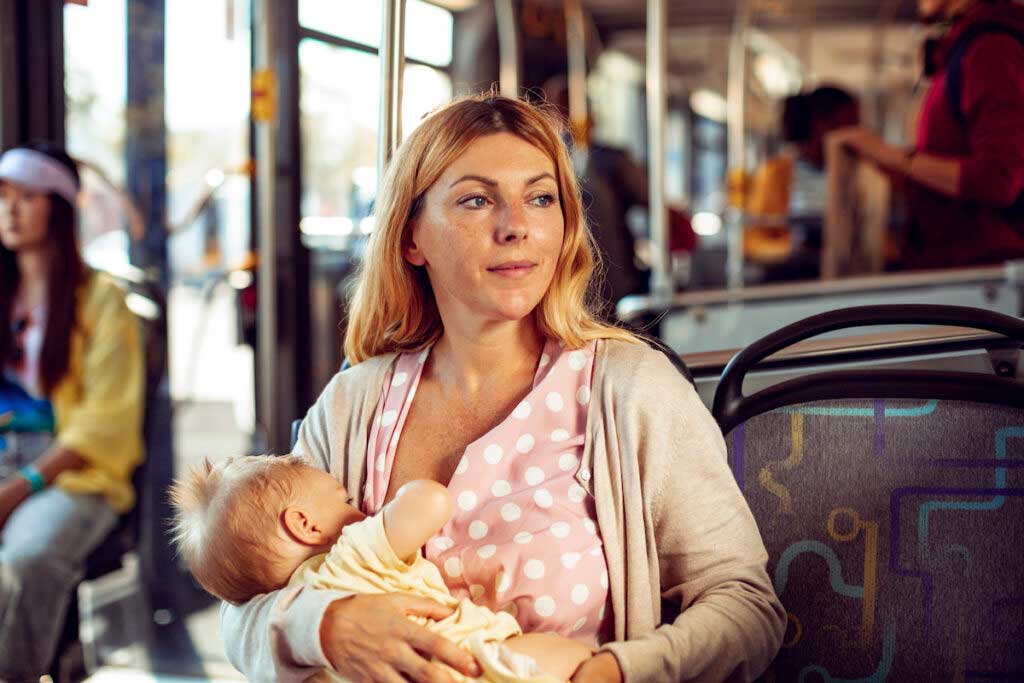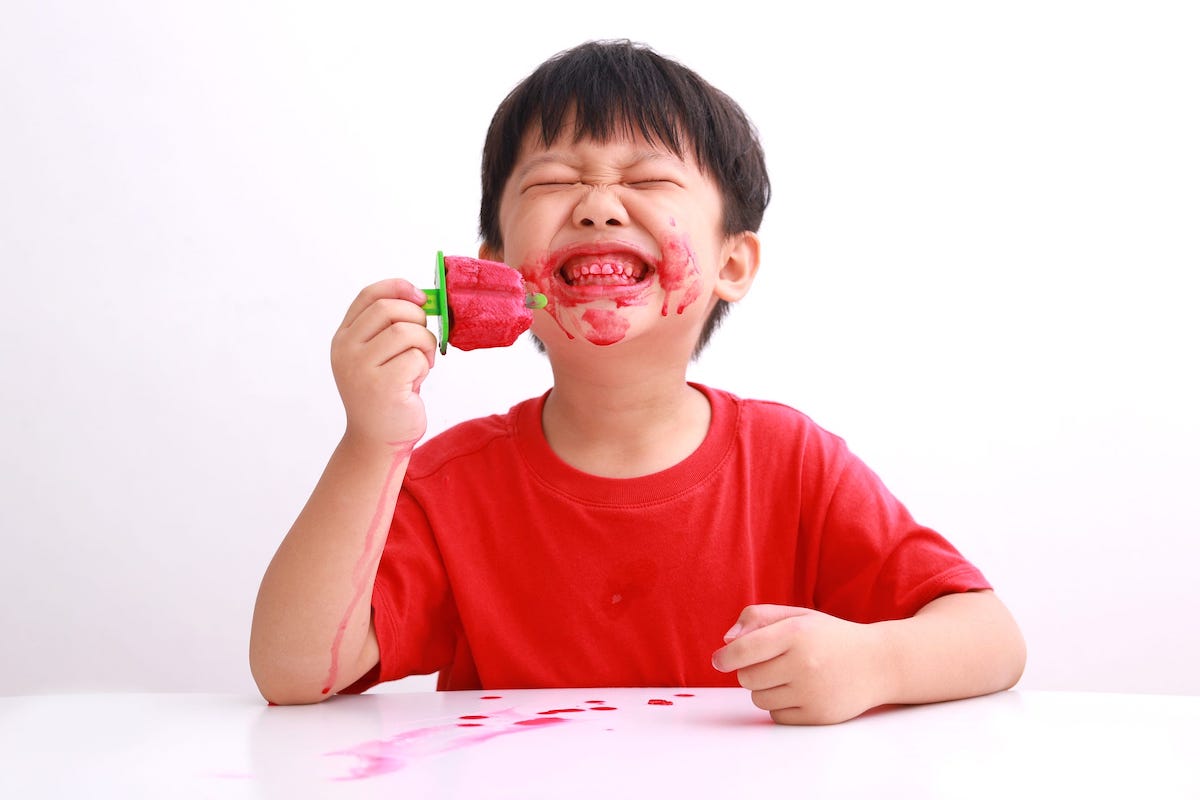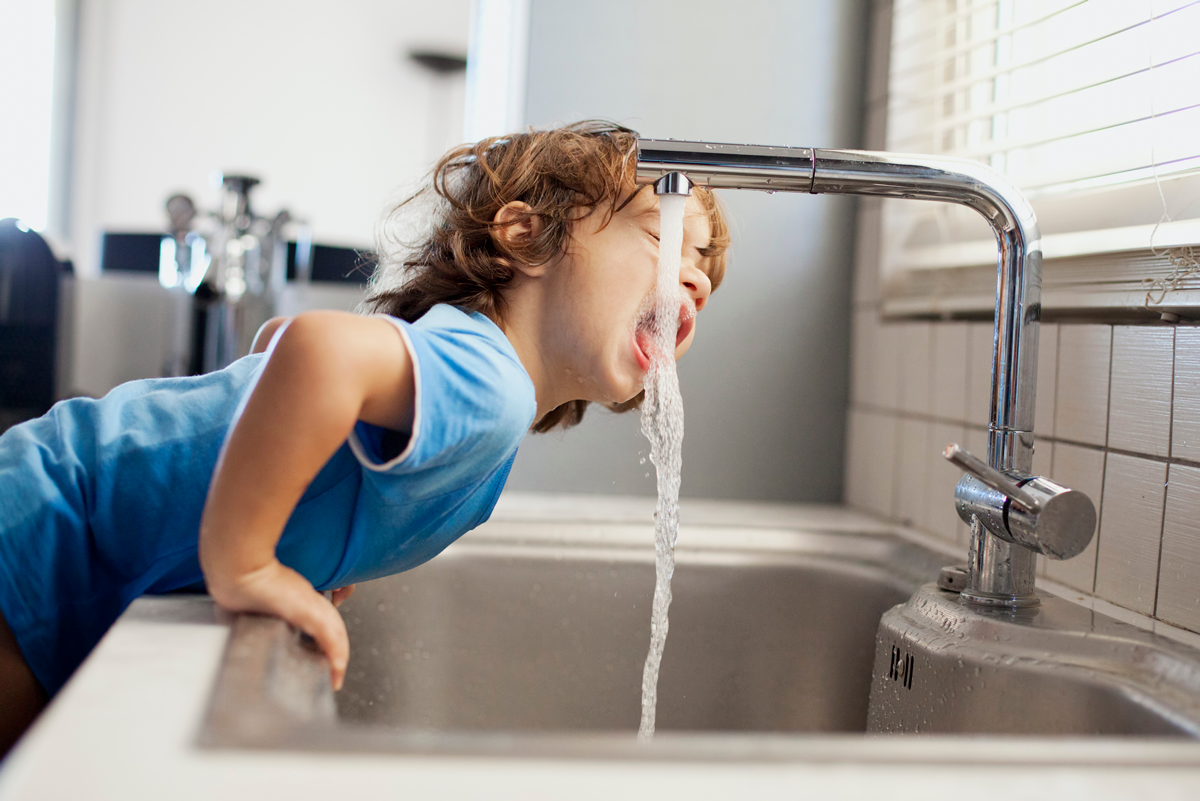Today’s post is a collaboration with Pressure Cooker, a podcast about feeding children and how it all became so complicated. (I’ve been on the podcast before, talking about the problems with food studies and the resulting parental whiplash.) Co-hosts Liz Dunn and Jane Black approached me to help us all understand the data on phthalates found in that favorite kid food, boxed mac and cheese.
This post is the written version of my thoughts, but you can also listen to me discuss the results on their podcast today. The episode covers the risks of phthalates in mac and cheese while also tackling the question of nutrition, so worth a listen!
Chemicals in food and in environmental exposure in general is a complicated topic. On one hand, they aren’t good. No one would tell you that phthalates are something you should try to be exposed to; the same goes for PFAS, which are different chemicals but fall in the same bucket. On the other hand, avoiding exposure to these chemicals completely for any given individual is virtually impossible. Even if you go full-on Ballerina Farm and make your own meatball subs with homemade meatballs, cheese, and sourdough bread, you’ve probably still got some phthalate exposure from the meat packaging.
From a policy standpoint, there is a strong argument for encouraging a reduction in these chemicals. And indeed, many companies (food and otherwise) have made a push to reduce or eliminate them. (Here is one example from Amazon, and apropos of today’s topic, here is a statement from Annie’s mac and cheese.)
From an individual standpoint, the decision tree is more complicated. We come to questions like mac and cheese. It is, in fact, the case that mac and cheese has specifically been implicated in having phthalates. In order to know if it makes sense to react to this, you need to know at least two things.
First: How bad is exposure to phthalates for kids (based on the data)?
Second: How difficult is it to avoid them? Would eliminating mac and cheese matter much?
Let’s try to address the science here. A note on terminology: There are a lot of different phthalate ester compounds, with names like DMP, DEP, and BBzP. These are different chemicals but in the same class.
Phthalates and child outcomes
One concern with phthalates is that they may decrease sperm count. I wrote about that more specifically here. Sperm counts do seem (by some measures) to have declined in the population overall over time, although the reasons why are not completely clear. Phthalates are definitely one candidate, as are things like changes in diet and increases in obesity.
For children, the more commonly cited concerns are about behavior regulation, in particular the question of whether exposure to phthalates, either in utero or in childhood, increases the risk of ADD/ADHD or other neurodevelopmental conditions.
There are a number of studies of this. Most frequently, these studies focus on in utero exposure: they measure the concentration of phthalates in the urine of pregnant women and then look at neurodevelopmental outcomes for their children.
Frankly, the results from these analyses are a bit all over the place. This 2019 review is a good summary. There are many different phthalates (as in, many different chemicals in this class). Papers tend to look at all of them, and it’s hard to get consistent evidence. There are certainly papers that show negative associations between various of these chemicals and cognition. But there are also papers that show positive associations. Some show positive associations for girls and negative for boys; others the opposite. If you read this whole review, most of the paragraphs sound like this one:
Exposure to BBzP during pregnancy affects cognition, psychomotor, and language development in children, but the studies are controversial. Gascon et al. (2015) showed a negative association between MBzP and psychomotor development; Doherty et al. (2017) found that MBzP was positively associated with cognitive development in boys and negatively associated with psychomotor development in girls; while Ipapo et al. (2017) and Olesen et al. (2018) respectively found that prenatal exposure to BBzP was not advantageous to girls’ visual recognition memory or boys’ language development. However, Tellez-Rojo et al. (2013) reported that MBzP was positively related to psychomotor development among boys. The other birth cohort studies found no association between BBzP and children’s neurodevelopment.
The combination of outcomes, genders, different chemicals — the picture is messy and inconsistent.
The exposure in utero is a primary concern, but there are papers that measure phthalates in child urine and correlate with behavioral issues. Again, we see associations for some chemicals and not others, sometimes for girls and other times for boys. Also worth noting: all of these studies (in utero and out) are subject to concerns about bias — none are randomized, and exposure to these chemicals may differ across demographic groups.
What to take from this? What I take is that any impacts are likely to be small. If there were large impacts from any of these chemicals on any outcomes, we would see them consistently showing up across studies. That we do not, and that the results are so varied, makes it hard to definitively rule out any relationship. But it also makes it unlikely there is anything substantial.
Phthalate exposure
Next question: Where is your exposure coming from? Would cutting out particular foods matter?
A first point is that phthalates are in a lot of non-food consumer products. They are used to make plastic flexible, and they appear in hair care, garden hoses, medical tubing, and on and on. Food is only a partial source.
A 2013 paper made a valiant effort to identify phthalates in foods. To do this, the researchers purchased food in various New York supermarkets and tested it. They compared all kinds of foods (juices, teas, soups, fish, meat, bread, etc.) and tested for a large number of different phthalate esters.
Low concentrations of these chemicals were found in basically all foods. Packaged grains, dairy products, and meats were among the higher-concentration groups, but all food groups contained pretty similar levels. Some of the findings were unpredictable. For one phthalate, an extremely high concentration was found in one particular olive oil. For another, there was an especially problematic ham sample. But ham in general wasn’t a significant source, nor was oil.
The findings have both a glass-half-full and a glass-half-empty take. Half full: the concentrations in all of these foods were quite low. Aggregating the exposures, the authors concluded that potential exposure levels were well below EPA limits. Half empty: there is no reason to think that by pulling out one particular food you’d magically lower your phthalate exposure (even putting aside your shampoo).
The bottom line
There is something hard about acceptance. These chemicals are around everywhere and they are not a plus. Even if the data suggests that any effects are small, it feels like a bad tradeoff. It’s not like some things in parenting (i.e. screen time) where you see the benefits. There are no benefits to consuming phthalates.
And I think that feeling absolutely supports the general push to try to eliminate these chemicals, to the extent possible, from food and other stuff.
However: this is a clear example where making a choice like Do not serve mac and cheese is not a productive solution. It may feel productive — you’re doing something! — but you actually are not affecting your exposure in any meaningful way (probably not at all, given that you’ve got to eat something). Choices to make changes like this should be productive, not performative.
Enjoy your Annie’s!


















Log in